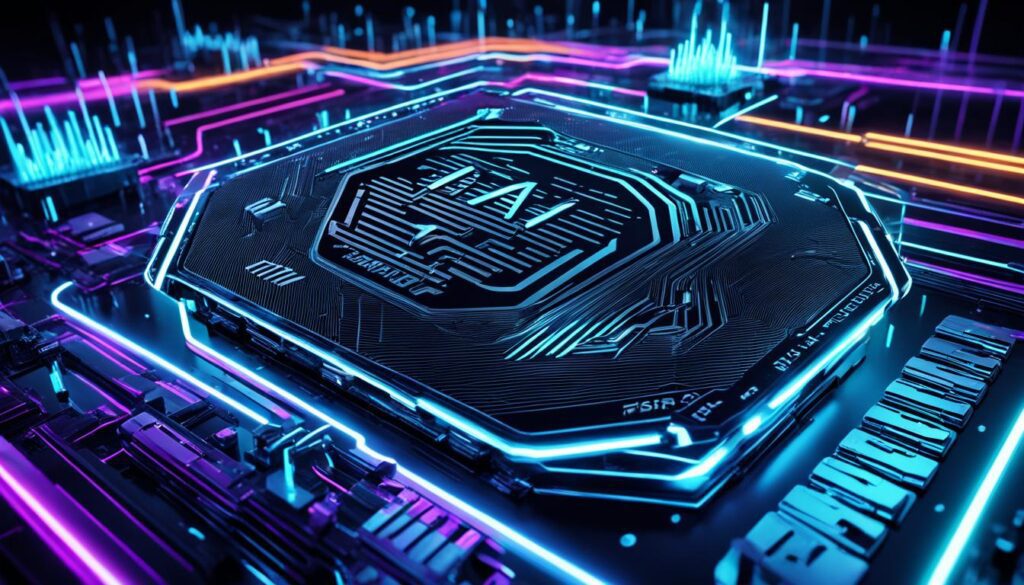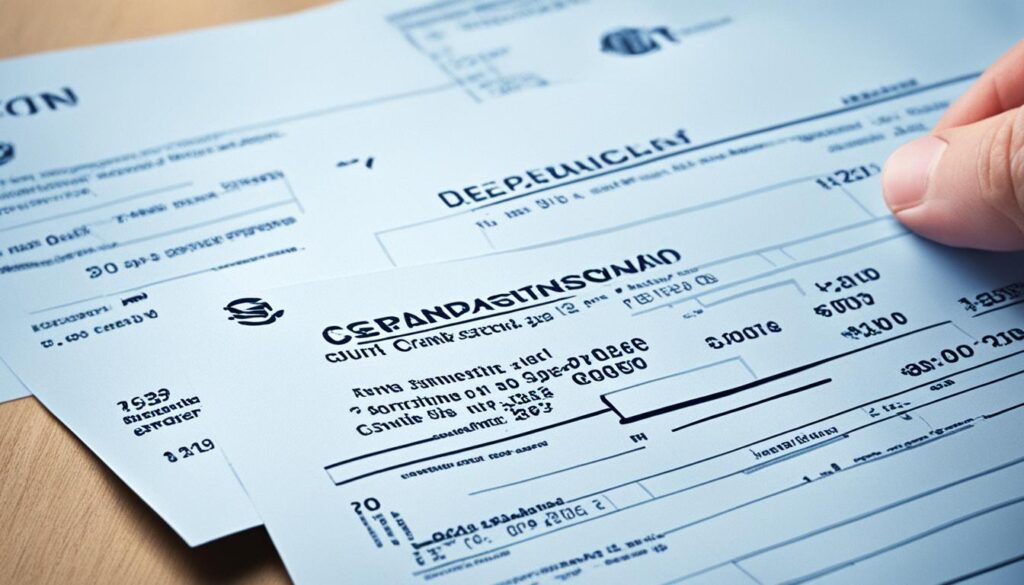Mining cryptocurrency has become a popular way to earn digital assets, but can you mine crypto on a virtual PC? Let’s explore the possibilities and limitations of mining on virtual PCs.
Virtual PCs offer a convenient and flexible way to access computing resources without the need for dedicated hardware. However, when it comes to mining cryptocurrency, virtual PCs have their limitations.
Mining on virtual PCs can be less efficient and profitable compared to using dedicated mining hardware. Virtual PCs have limited access to processing power, which can result in slower mining performance. Additionally, compatibility issues with mining software may arise in virtualized environments.
Mining on virtual machines also consumes significant CPU and memory resources, which can affect the overall stability and performance of the host computer. It’s important to optimize the settings of the virtual PC to enhance mining performance, but dedicated mining hardware remains the preferred choice for serious miners.
Key Takeaways:
- Mining cryptocurrency on a virtual PC is technically possible but less efficient compared to dedicated hardware.
- Virtual PCs have limited processing power, resulting in slower mining performance.
- Compatibility issues with mining software may arise in virtualized environments.
- Mining on virtual machines consumes significant CPU and memory resources.
- Dedicated mining hardware is recommended for serious miners.
How Does Cryptocurrency Mining Work?
Cryptocurrency mining is the process of generating new units of digital currency using powerful computers. It plays a crucial role in allowing cryptocurrencies to function as decentralized digital currencies. To understand how cryptocurrency mining works, let’s delve into the mining process, the hardware prerequisites, and the underlying blockchain network.
The Mining Process
The mining process involves several steps that enable new cryptocurrency units to be created and added to the blockchain network:
- Transaction Pooling: Miners collect and verify transactions made with the cryptocurrency.
- Block Formation: Verified transactions are grouped together into blocks for efficient processing.
- Solving a Mathematical Puzzle: Miners use their computing power to solve a complex mathematical puzzle. The first miner to solve the puzzle gets the opportunity to create a new block.
- Broadcasting and Verification: Once a solution is found, the miner broadcasts it to the network, and other miners verify the solution before it can be added to the blockchain.
- Adding a New Block: Once the solution is verified, a new block is added to the blockchain, and the miner responsible for solving the puzzle is rewarded with newly minted cryptocurrency.
Hardware Prerequisites
Cryptocurrency mining requires substantial computing power and specialized hardware due to the resource-intensive nature of the mining process. The two main types of hardware commonly used for mining are:
- ASICs (Application-Specific Integrated Circuits): ASICs are designed specifically for mining cryptocurrencies and provide high performance and efficiency for the mining process.
- GPUs (Graphics Processing Units): GPUs, commonly used in gaming graphics cards, can also be utilized for cryptocurrency mining due to their parallel processing capabilities.
The Blockchain Network
Cryptocurrency mining operates within a blockchain network, which is a decentralized ledger that keeps a record of all transactions. Miners play a crucial role in the security and integrity of the blockchain network. Through the proof-of-work mechanism, miners ensure that transactions are verified and added to the blockchain in a decentralized manner, making it difficult for malicious actors to tamper with the network.
Overall, cryptocurrency mining is a complex process that relies on powerful computers, specialized hardware, and the decentralized nature of blockchain networks. It enables the creation of new cryptocurrency units and ensures the security and integrity of transactions within the blockchain.
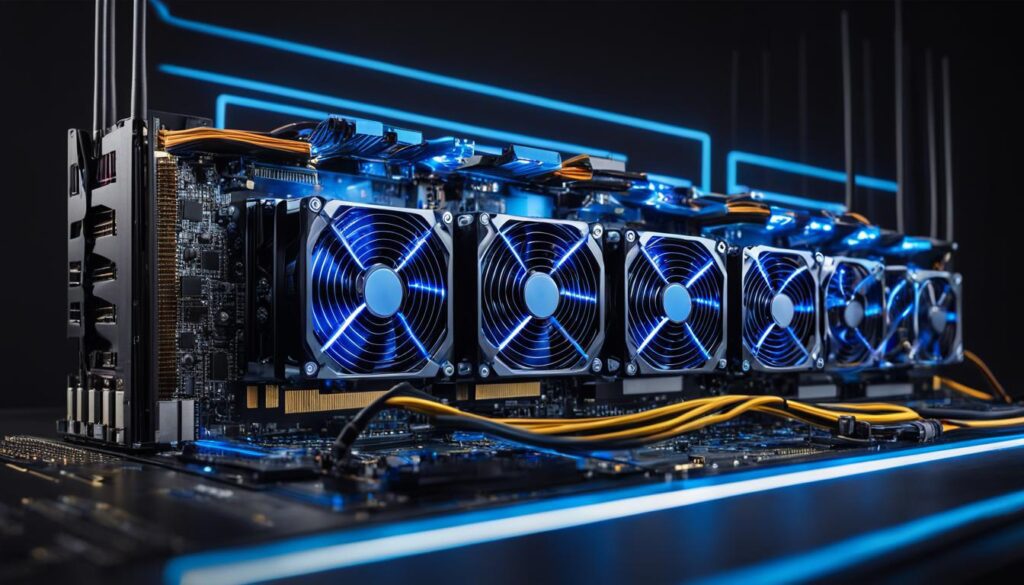
Can You Mine Crypto on a Virtual PC?
Yes, it is technically possible to mine cryptocurrency on a virtual PC. However, there are several limitations to consider. Virtual PCs have limited access to processing power, resulting in slower and less efficient mining performance compared to dedicated hardware. The efficiency of mining on virtual PCs is compromised due to resource constraints and the virtualization layer. Compatibility issues with mining software in virtualized environments are common, as not all mining software is optimized for virtual machines. Additionally, mining on virtual machines consumes significant CPU and memory resources, potentially impacting the performance of other software on the host computer.
While optimizations can enhance the mining performance of virtual PCs, it’s important to note that dedicated mining hardware remains the preferred choice for serious miners. The specialized nature of mining hardware, such as ASICs (Application-Specific Integrated Circuits) and GPUs (Graphics Processing Units), allows for higher mining efficiency and profitability compared to virtual PCs.
However, if you still choose to mine crypto on a virtual PC, it is crucial to ensure software compatibility and configure the virtual machine with dedicated resources for optimal performance. Furthermore, it is recommended to monitor the impact on the host computer’s performance and consider any terms of service or regulations set by your cloud provider or virtualization software.
Ultimately, while mining on a virtual PC may be feasible for small-scale or experimental mining, those looking to engage in serious mining operations should invest in dedicated mining hardware for better efficiency and profitability.
Is it Legal to Mine Crypto on a Virtual PC?
Mining cryptocurrency on a virtual PC is generally legal. However, it’s important to review the terms of service of your cloud provider or virtual machine software as some may have policies against mining due to resource consumption. Additionally, there may be local regulations regarding cryptocurrency mining that need to be considered. Compliance with terms of service and local regulations ensures that mining activities are conducted within the bounds of the law.
What Cryptocurrencies Can Be Mined on a Virtual PC?
In theory, any cryptocurrency that relies on the proof-of-work consensus mechanism can be mined on a virtual PC. However, the practicality and profitability of mining on a virtual PC vary depending on the cryptocurrency’s resource requirements and the virtual PC’s computing power. Some cryptocurrencies often considered for mining on virtual PCs include Monero (XMR), Ravencoin (RVN), Electroneum (ETN), and Bytecoin (BCN).
Monero (XMR) is a privacy-focused cryptocurrency that offers mining opportunities for virtual PC users. Its algorithm, CryptoNight, is designed to be compatible with a wide range of hardware configurations, including virtual machines.
Ravencoin (RVN) is a decentralized blockchain platform that enables the creation and transfer of unique digital assets. It utilizes the X16R algorithm, which is memory-intensive and can be mined efficiently on virtual PCs with GPUs.
Electroneum (ETN) is a mobile-oriented cryptocurrency that aims to enable easy access to digital payments. Its mining algorithm, CryptoNight, is known for being suitable for CPUs, making it an option for virtual PC mining.
Bytecoin (BCN) is a privacy-focused cryptocurrency that offers fast and secure transactions. It is based on the CryptoNote protocol, which is suitable for CPU mining, making it a potential candidate for virtual PC mining.
However, it’s important to note that mining on virtual PCs is generally less profitable compared to dedicated mining rigs or cloud mining services. Virtual PCs have limitations in terms of processing power and resource consumption, which can affect mining performance and the overall profitability of mining operations.

Comparison of Cryptocurrencies Suitable for Mining on Virtual PCs
| Cryptocurrency | Algorithm | Miner Compatibility |
|---|---|---|
| Monero (XMR) | CryptoNight | Compatible with a wide range of hardware configurations, including virtual machines. |
| Ravencoin (RVN) | X16R | Memory-intensive algorithm suitable for virtual PC mining with GPUs. |
| Electroneum (ETN) | CryptoNight | Suitable for CPU mining, making it an option for virtual PC mining. |
| Bytecoin (BCN) | CryptoNote | Suitable for CPU mining, making it a potential candidate for virtual PC mining. |
Consideration should be given to the current market conditions, hardware setup, and electricity costs before engaging in virtual PC mining of any cryptocurrency.
How to Mine Crypto on a Virtual PC?
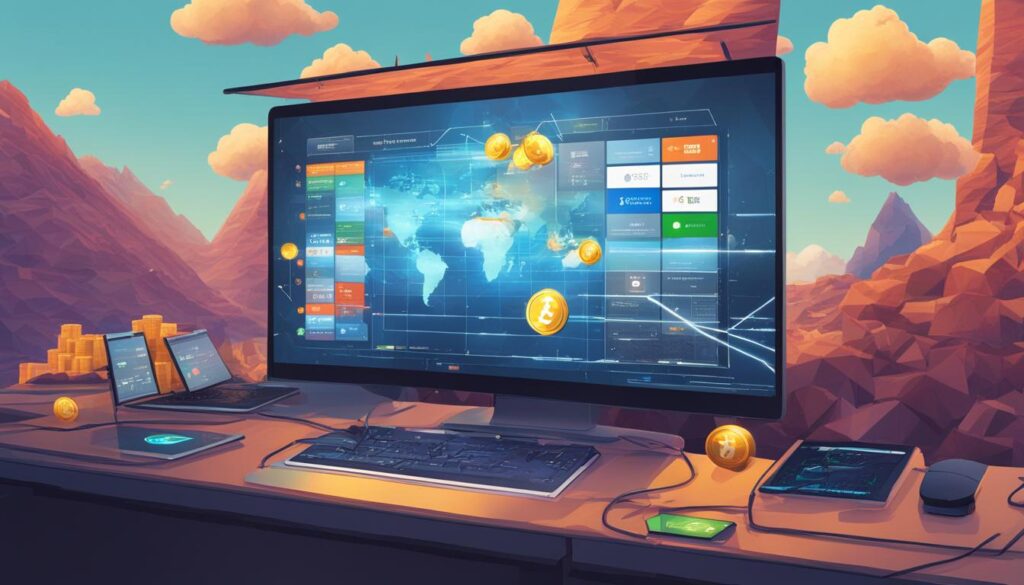
Mining cryptocurrency on a virtual PC can be done by following a few steps. Here’s a guide on how to mine crypto on a virtual PC:
- Choose the right mining software: To mine crypto on a virtual PC, you’ll need to install mining software that is compatible with virtualized environments. There are options available for both CPU mining and GPU mining.
- CPU mining: For CPU mining, you can use software like CPU miner. Keep in mind that CPU mining may have slower speeds compared to GPU mining.
- GPU mining: Graphic cards can significantly enhance mining performance on virtual PCs. Software like cgminer or cudaminer can be used for GPU mining.
- Configure virtual PC resources: To optimize mining performance, configure the virtual PC with dedicated resources. Allocating more CPU cores and memory to the virtual PC can improve mining efficiency.
- Optimize software settings: Adjusting the settings of the mining software can also help improve performance. Experiment with different configurations to find the optimal settings for your virtual PC.
It’s important to consider the resource consumption and potential impact on the host computer’s performance when mining on a virtual PC. Mining requires significant CPU and memory resources, which may affect the performance of other software running on the host computer. Keep an eye on the virtual PC’s performance and adjust the mining settings accordingly.
“Mining on a virtual PC can be a viable option for those who don’t have access to dedicated mining hardware. However, it’s essential to manage the resources and optimize the settings to achieve desirable mining performance.”
With the right mining software, configuration, and performance optimization, it is possible to mine cryptocurrency on a virtual PC. However, dedicated mining hardware remains the preferred choice for serious miners, as it offers superior performance and mining capabilities.
Should You Mine Crypto on a Virtual PC?
Mining cryptocurrency on a virtual PC is generally not recommended due to several drawbacks. While it is technically possible, the efficiency, profitability, and resource consumption on virtual PCs make them less favorable compared to dedicated hardware. Below are the reasons why mining on a virtual PC may not be the best choice:
- Lower Mining Efficiency: Virtual PCs have limited access to processing power, resulting in slower mining speeds and reduced efficiency compared to dedicated mining rigs.
- Decreased Profitability: Due to their limited performance, virtual PCs may not generate significant profits from mining activities. Dedicated mining hardware offers higher profitability potential.
- Resource Consumption: Mining on a virtual PC consumes substantial CPU and memory resources, which can impact the overall performance of the host computer and other software running on it.
Furthermore, cloud providers may prohibit mining on their platforms, posing a risk of account suspension. It’s important to review their terms of service and ensure compliance before engaging in mining activities.
Overall, for serious miners looking for optimal performance and profitability, dedicated mining hardware remains the preferred choice over virtual PCs.
To provide a clearer understanding of the differences between mining on a virtual PC and dedicated hardware, the following table highlights key factors:
| Aspect | Virtual PC Mining | Dedicated Hardware Mining |
|---|---|---|
| Efficiency | Lower | Higher |
| Profitability | Lower | Higher |
| Resource Consumption | High | Optimized |
| Performance Stability | Less stable | More stable |
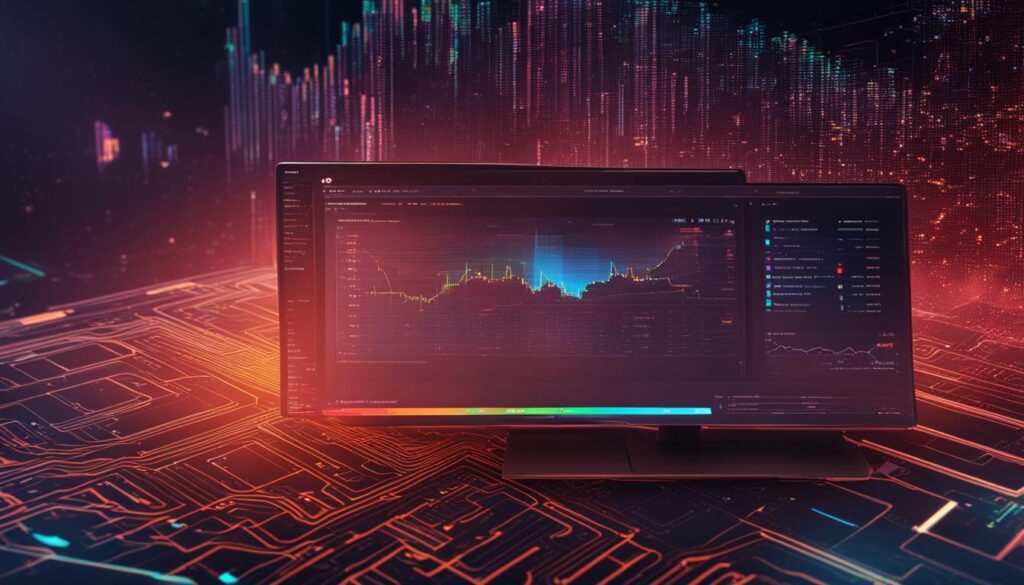
Introduction to Cryptocurrency Mining
Cryptocurrency mining is the process of generating new units of digital currency through computational power. While mining Bitcoin using laptops and desktops is no longer profitable due to the rise of specialized mining hardware (ASICs), there are still options for home mining with other cryptocurrencies.
Home mining typically requires the use of mining rigs, which are specialized computer systems designed for cryptocurrency mining. These rigs often consist of multiple GPUs or ASICs that are optimized for mining efficiency and performance.
The profitability of home mining depends on various factors, such as the cost of electricity, mining difficulty, and the selected cryptocurrency. It’s important to consider these factors before setting up a mining operation at home.
While home mining can be a viable option for earning cryptocurrency, it’s essential to understand that it may not be as profitable or efficient as large-scale mining operations. Nevertheless, home mining allows enthusiasts to participate in the crypto ecosystem and potentially earn rewards for their computational contributions.
What Crypto Can Be Mined at Home?
While Bitcoin has become difficult to mine at home, there are still other cryptocurrencies that can be mined using home computers. Some popular options include Dogecoin (DOGE), Ethereum Classic (ETC), Monero (XMR), Zcash (ZEC), Ravencoin (RVN), and more.
| Cryptocurrency | Mining Difficulty | Mining Instructions |
|---|---|---|
| Dogecoin (DOGE) | Low | Mining Instructions |
| Ethereum Classic (ETC) | Moderate | Mining Instructions |
| Monero (XMR) | Moderate | Mining Instructions |
| Zcash (ZEC) | Moderate | Mining Instructions |
| Ravencoin (RVN) | Moderate | Mining Instructions |
Each cryptocurrency requires specific mining software and hardware configurations. Detailed instructions for mining these cryptocurrencies can be found on their respective websites or mining community forums. Before embarking on home mining, it’s important to consider factors such as mining difficulty, hardware requirements, and potential profitability.

- Choose a cryptocurrency with a moderate mining difficulty to ensure a higher chance of successful mining.
- Ensure your hardware meets the recommended requirements for mining the chosen cryptocurrency.
- Research and select suitable mining software compatible with your hardware and the chosen cryptocurrency.
- Follow the mining instructions provided by the cryptocurrency’s official website or reputable mining community forums.
- Regularly monitor mining performance, adjust settings if necessary, and stay up-to-date with the latest developments in mining technology and techniques.
Remember, home mining may not be as profitable as using dedicated mining hardware or cloud mining services. It’s essential to evaluate the potential returns and costs before investing time and resources into home mining.
How to Mine Specific Cryptocurrencies at Home
Mining specific cryptocurrencies at home requires the installation of mining software tailored to each individual cryptocurrency. Here are some examples of how to mine specific cryptocurrencies:
Mining Dogecoin (DOGE)
- To mine Dogecoin, you can use CPU miner or GPU mining software like cgminer or cudaminer.
- Ensure that you have a compatible CPU or GPU to maximize your mining performance.
Mining Ethereum Classic (ETC)
- To mine Ethereum Classic, you can use your desktop machine with either a CPU or GPU.
- Make sure your CPU or GPU meets the necessary requirements for efficient mining.
Mining Monero (XMR)
- For mining Monero, you can use the official Monero GUI client along with compatible mining software like MultiMiner.
- Check the Monero website or mining community forums for detailed instructions and hardware requirements.
Mining Zcash (ZEC)
- To mine Zcash, you can use software like Zcash blockchain and compatible GPU drivers.
- Ensure that your GPU meets the necessary specifications to achieve optimal mining results.
Each cryptocurrency has its own specific mining instructions and hardware requirements. It’s important to visit the respective websites or forums for detailed information on how to mine each specific cryptocurrency.
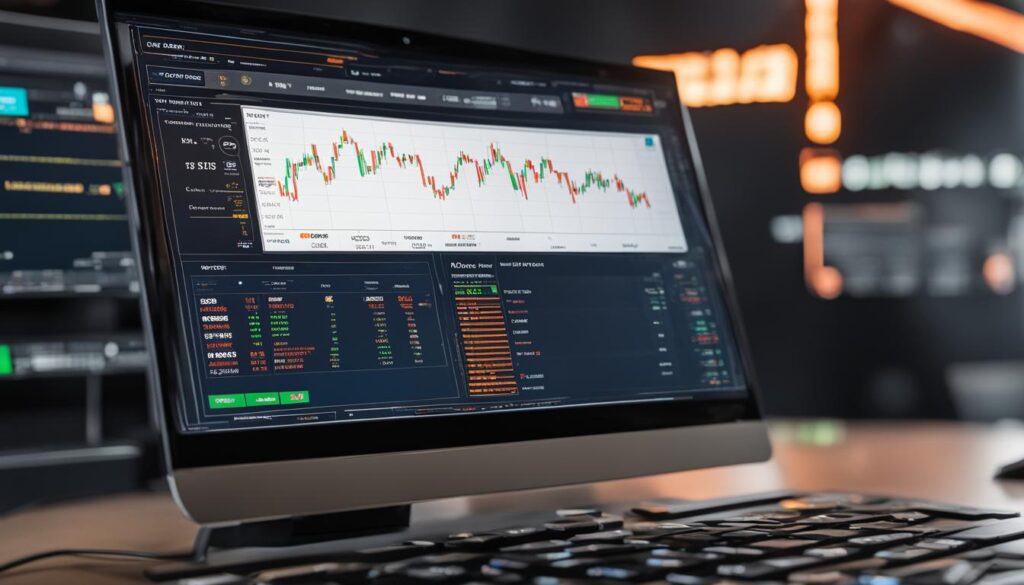
By following the instructions provided by the cryptocurrency developers and mining community, you can effectively mine specific cryptocurrencies at home. Remember to consider the hardware configurations and optimize your mining software settings for the best possible mining results.
Altcoins and their Home Mining Potential
When it comes to home mining, altcoins offer a promising alternative to Bitcoin. Altcoins, also known as alternative cryptocurrencies, can be more suitable for mining on personal computers. Some popular altcoins with home mining potential include:
These altcoins are known for their mining algorithms and relatively lower mining difficulty, making them more accessible for home miners. However, before diving into home mining, it’s crucial to consider profitability, electricity costs, and hardware requirements.
Each altcoin has its own unique characteristics, and conducting thorough research is essential to determine its home mining potential. Utilizing mining calculators can help estimate potential profits based on the current market conditions.

Altcoins provide an opportunity for individuals interested in mining to participate in the cryptocurrency ecosystem. By carefully evaluating the various factors, aspiring home miners can make informed decisions and maximize their chances of success.
Conclusion
Home mining of cryptocurrencies can be a fascinating venture, but it is crucial to understand its limitations and considerations. While mining on virtual PCs is technically feasible, it falls short in terms of efficiency and profitability when compared to dedicated mining rigs or cloud mining services. Virtual PCs have limited processing power and resource consumption, which can negatively impact mining performance and system stability. Serious miners prefer home mining with dedicated hardware due to its superior efficiency and profitability. Before embarking on home mining, it is essential to carefully assess the potential returns and costs associated with the venture.
FAQ
Can you mine cryptocurrency on a virtual PC?
Yes, it is technically possible to mine cryptocurrency on a virtual PC. However, virtual PCs have limited access to processing power, resulting in lower mining performance compared to dedicated hardware. Mining on virtual PCs is less efficient and profitable, and there may be compatibility issues with mining software.
Is it legal to mine crypto on a virtual PC?
Mining cryptocurrency on a virtual PC is generally legal. However, it’s important to review the terms of service of your cloud provider or virtual machine software as some may have policies against mining due to resource consumption. Additionally, there may be local regulations regarding cryptocurrency mining that need to be considered.
What cryptocurrencies can be mined on a virtual PC?
In theory, any cryptocurrency that relies on the proof-of-work consensus mechanism can be mined on a virtual PC. However, the practicality and profitability of mining on a virtual PC vary depending on the cryptocurrency’s resource requirements and the virtual PC’s computing power.
How to mine cryptocurrency on a virtual PC?
Mining cryptocurrency on a virtual PC requires the installation of mining software compatible with virtualized environments. For CPU mining, software like CPU miner can be used, though it may have slower mining speeds. Graphic cards can enhance mining performance on virtual PCs, and software like cgminer or cudaminer can be used for GPU mining.
Should you mine crypto on a virtual PC?
Mining cryptocurrency on a virtual PC is generally not recommended due to several drawbacks. Virtual PCs have lower mining efficiency and profitability compared to dedicated hardware. The high resource consumption, including CPU and memory, can affect the performance of other software on the host computer.
How does cryptocurrency mining work?
Cryptocurrency mining is the process of generating new units of digital currency using powerful computers. The mining process involves transaction pooling, block formation, solving a mathematical puzzle, broadcasting the solution, verification by other miners, adding a new block to the blockchain, and receiving rewards. Mining requires substantial computing power and specialized hardware like ASICs and GPUs.
What cryptocurrencies can be mined at home?
While Bitcoin has become difficult to mine at home, there are still other cryptocurrencies that can be mined using home computers. Some popular options include Dogecoin (DOGE), Ethereum Classic (ETC), Monero (XMR), Zcash (ZEC), and Ravencoin (RVN), among others.
How to mine specific cryptocurrencies at home?
Mining specific cryptocurrencies at home requires the installation of mining software specific to each cryptocurrency. For example, mining Dogecoin (DOGE) can be done using CPU miner or GPU mining software like cgminer or cudaminer. Each cryptocurrency has its own mining instructions and hardware requirements.
What is the home mining potential of altcoins?
Altcoins, or alternative cryptocurrencies, are often more suitable for home mining compared to Bitcoin. Some altcoins like Dogecoin, Ethereum Classic, Monero, Zcash, and Ravencoin have the potential for home mining due to their mining algorithms and lower mining difficulty. However, it’s important to consider factors such as profitability, electricity costs, and hardware requirements.
Should you mine crypto at home?
Home mining of cryptocurrencies can be an interesting endeavor, but it comes with its limitations and considerations. While mining on virtual PCs is technically feasible, it is less efficient and profitable compared to dedicated mining rigs or cloud mining services. It’s important to carefully evaluate the potential returns and costs before embarking on home mining.
How profitable is home mining?
The profitability of home mining depends on factors such as the cost of electricity, mining difficulty, and the selected cryptocurrency. While some cryptocurrencies may still be profitable to mine at home, it’s important to consider these factors and potential hardware costs before starting home mining.
What are the hardware limitations of virtual PC mining?
Virtual PCs have limitations in terms of processing power and resource consumption, which can affect mining performance and the overall stability of the system. Dedicated mining hardware remains the preferred choice for serious miners due to its superior efficiency and profitability compared to mining on virtual PCs.

